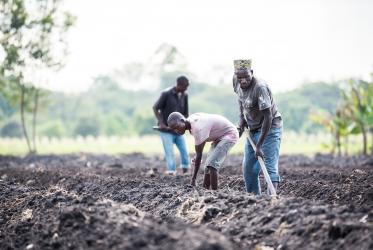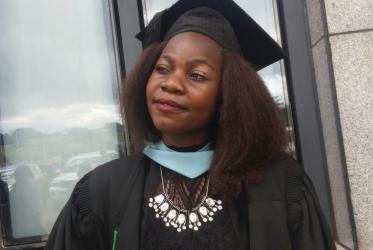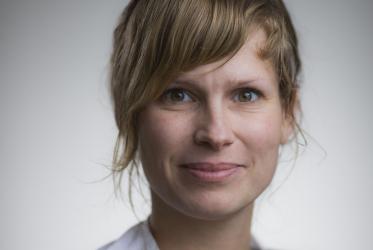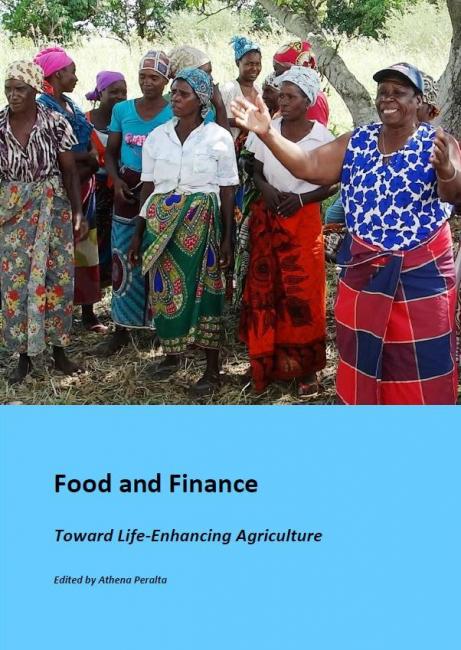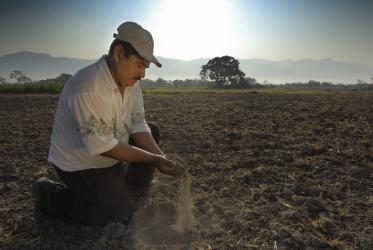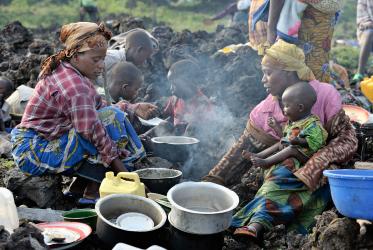Displaying 41 - 60 of 76
Interfaith Rainforest Initiative expands
12 February 2019
Re-engineering life forms: Church forum raises concerns
09 November 2017
Responsible agriculture investments theme of WCC session
16 October 2017
WCC offers food for thought as “Food Week” approaches
03 October 2016
WCC conference explores ecological injustice in Uganda
21 April 2016


